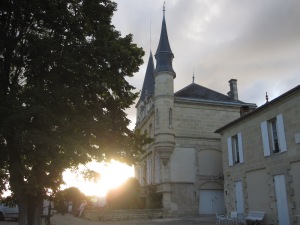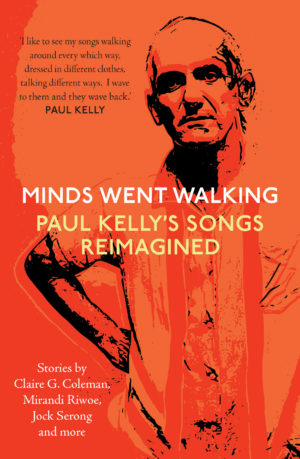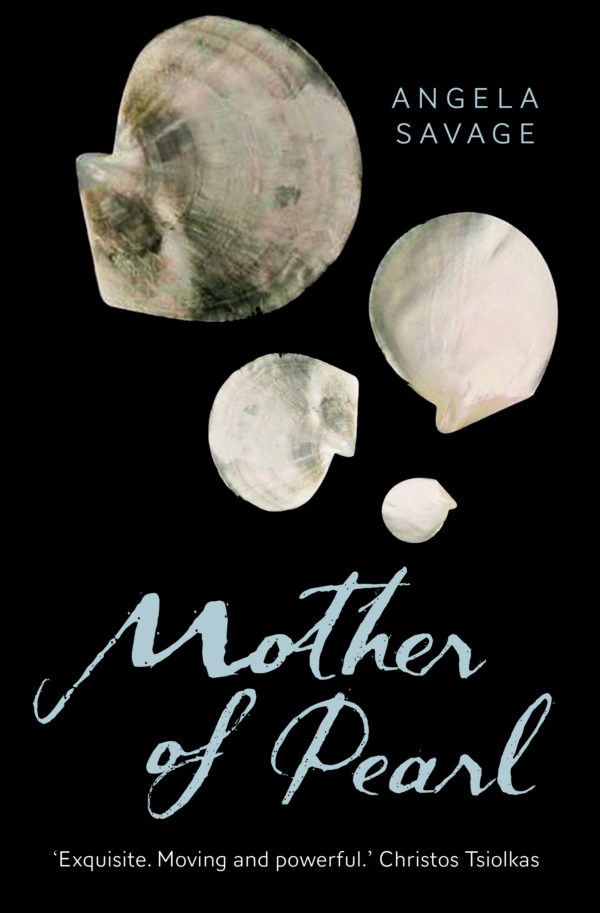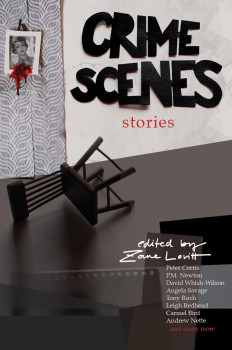 I’ve spent the past week developing the program for a workshop I am running in Melbourne on Sun 19 April 2015 at Writers Victoria on Setting, part of their First Draft: Novel in a year series.
I’ve spent the past week developing the program for a workshop I am running in Melbourne on Sun 19 April 2015 at Writers Victoria on Setting, part of their First Draft: Novel in a year series.
As anxious as I get when not actually writing fiction, I admit I’ve enjoyed the experience of taking time out to reflect on the process, scrutinizing my own and other writers’ work in order to articulate why setting matters, and how to create a strong sense of place. As I figured out what to teach, I have inevitably learned a great deal, too.
As I wrote in the blurb for the Writers Victoria website, a strong sense of place helps transport readers into the world created by a novel. Without it, readers can feel lost, frustrated, and the pleasure of reading is diminished.
But description for its own sake tends to fall flat and risks becoming what Elmore Leonard referred to as ‘the part readers tend to skip’.
In my workshop, I’ll be looking at how to bring a place to life and create an evocative sense of place without sacrificing plot or pace.
I’ll also be dealing with the nitty gritty of powerful writing, tips that I hope will be of use to participants whatever they are writing.
For more information on the workshops, or to book for the morning session (afternoon session is sold out), click here.
I’ll be using a selection of excerpts from literary and genre fiction, including crime fiction, to illustrate various points in the workshop. But I’d like to leave participants with further reading: a list of writers who do a great job of evoking setting, or specific works (short fiction or novels) with a a strong sense of place.
What would you put on that list?







Oh, this sounds like a terrific workshop, Angela! And I’ll bet you’ll have a lot of rich ideas to offer. Wish I could be there!
LikeLiked by 1 person
Thanks, Margot. I wish you could be there, too, so I could pick your brain for ideas on crime writing with a great sense of place.
LikeLiked by 1 person
Strangely enough, in view of the criticism the Twilight books got for the writing, the setting was brilliant. Stephanie Meyer used the real town of Forks as an evocative setting for the vampire series. The miserable weather, constant rain and dark skies were well described at the start of the first book. Forks itself did very well out of it too, becoming a tourist centre, though I’m sure some residents wouldn’t have liked the notoriety.
One of my favourite authors who uses setting brilliantly is Alexander McCall Smith in his No. 1 Ladies’ Detective Agency series. The books just simply wouldn’t be the same without their wonderful Botswana setting. I also like the way he explores how the country has changed and puts it in historical and cultural contexts. He also uses Edinburgh as a perfect setting for some of his other books.
LikeLiked by 1 person
Thanks for those suggestions, Caron. I’m trying not to focus exclusively on crime fiction in my workshop. But it’s hard when some of the best evocations of place fall into that genre – Alexander McCall Smith’s Botswana being a case in point.
LikeLiked by 1 person
The author about whom I most comment on sense of place is Peter May – it’s the main thing I read his books for, to be honest. I know he does tons of research, but it never feels like an info dump – the places he describes seem to come alive. It was his China novels that I noticed it in first, a place I’ve never been, and then his French series reintroduced me to parts of France I knew much better and they felt very authentic. And of course his books set in Scotland are what he’s become known for – mainly for the portrayal of the Islands, I think, more than the plots.
And both Sharon Bolton and Kate Rhodes ‘do’ London exceptionally well. Conan Doyle’s Dartmoor in The Hound becomes a living character. Aravind Adiga’s Bombay (not Mumbai in his novel) in Last Man in Tower was wonderful. And Andy Weir did a brilliant Mars in The Martian! 😉
LikeLiked by 1 person
Thanks for those suggestions, FF. I don’t know Peter May’s work, but on the basis of your comment, I looked into him and I will *have* to get hold of the China Thrillers. The only Westerner to be made a member of the Beijing Chapter of the Chinese Crime Writers Association must have something special going for him. Thanks for the tip.
I must go back and have a look at Conan Doyle’s evocation of Dartmoor in Hound of the Baskervilles, too…
LikeLiked by 1 person
Favel Parrett’s When The Night Comes really transported me to Hobart and further south (and the boats that head there) – places I didn’t really know but which lingered in my mind. I tend to like books that use a hint of magical realism or play with language too so you can imagine yourself somewhere quite surreal: Peter Carey’s Bliss, The God of Small Things, One Hundred Years of Solitude, Gould’s Book of Fish, Trainspotting (there’s a mix!). Emma Donoghue’s Room imaginatively related the unforgettable dimensions of a small room. Still Alice is a very poignant and subtle look at the ‘loss’ of place.
LikeLiked by 1 person
Some great suggestions here, KK. I like the magical realists for their mind-bending evocations, too.
LikeLike
Oh, and I think we both agree on Barbara Kingsolver’s The Poisonwood Bible. In the scene with the ants, I was so in the writer’s spell, that I looked up after this passage and realised I had been holding my breath and COMPLETELY inside that book. I felt disoriented for a while, coming back to my world. I can’t remember that happening to me another time (except perhaps when I was a child).
LikeLiked by 1 person
I must go back and have a look at that scene. You remembered well that The Poisonwood Bible is one of my all-time favourite books.
LikeLike
I agree on The Poisonwood Bible and on The Prodigal Summer, too, by Kingsolver. and on Precious Ramotswe’s series. I think you do a terrific job in setting your stories in Thailand. Whenever I read about Jayne Keeney’s investigations, I stop and Google search the places mentioned, the sea life, environmental issues, etc.
Malla Nunn does an excellent job on placing her books in 1952 South Africa under apartheid, and can also get in a feel for the cities or countryside. Adrian Hyland is a wonder at this; his books with Emily Tempest are almost poetic in the descriptions of Indigenous peoples’ lands.
Arnaldur Indridason is quite good at this in his Icelandic mysteries.
Mari Strachan paints a good picture of 1950s rural Wales in The Earth Hums in B-Flat and
Blow on a Dead Man’s Embers about post-WWII Wales, too.
Denise Mina’s portraits of Glasgow in all of her books are good.
It’s been so long since I’ve read anything but crime fiction, except for Kingsolver,
that I can’t go out of that zone.
And you’ll do a great job with your program; don’t worry.
LikeLiked by 1 person
Thanks for those suggestions, Kathy, and for including my Jayne Keeney novels in among such esteemed company 🙂
LikeLike
Adrian Hyland does a bang-up job of creating an evocative Northern Territory in Diamond Dove and Gunshot Road
One of the reasons I adore Geraldine Brooks’ Year of Wonders is that I could picture every inch of the plauge-ridden village she depicted. She did a pretty good job of transporting me to Martha’s Vineyard in 1665 too in Caleb’s Crossing.
And dear old Dame Agatha must have done something right with Death on the Nile – I read it at about 11 or 12 and visiting Egypt became my most fervent dream from that point on (until I actually got there in my 20’s).
Agree with Kathy that you do a good job with Thailand too – makes me want to visit even though I hate hot climates 🙂
LikeLiked by 1 person
Great suggestions. Thank you, Bernadette. I agree with you about Adrian Hyland’s novels. And you’ve reminded me to put Year of Wonders on my TBR pile.
Special thanks for the affirmation, too. Seriously helps me to keep going.
LikeLike